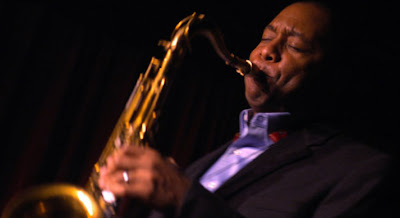Historic Reissues Take Over The Recording Market
Now a well-recognized and thoroughly accepted form of music, jazz occupies a solid on music lovers' shelves, side by side with the classics.
After 1983 - which was, significantly, the year the compact disc was introduced - record companies suddenly had the opportunity to reissue and anthologize the recorded heritage of jazz at a lower cost than ever before. Even with so much focus on looking back, however, in the eighties there were still some new developments, largely restricted to neo-bop and commercial productions.
The Coming Of Neo-Bop
With the brothers Branford and Wynton Marsalis as its stars, neo-bop was the field developed by an elite group of young musicians trained in the school of Art Blakey's Jazz Messengers. Heirs to hard bop, on which they put a new turn after listening to the music of the Miles Davis quintet of the sixties, these young musicians were regularly accused of being nothing but copies of earlier models.
 |
| Branford Marsalis |
These not-very-subtle observations ignored the importance of the traditional element in black American music. On top of that, one must remember that despite its lightning-fast evolution in just a few decades, jazz has always counted more followers than innovators.
 |
| Wynton Marsalis |
____________________
No comments:
Post a Comment